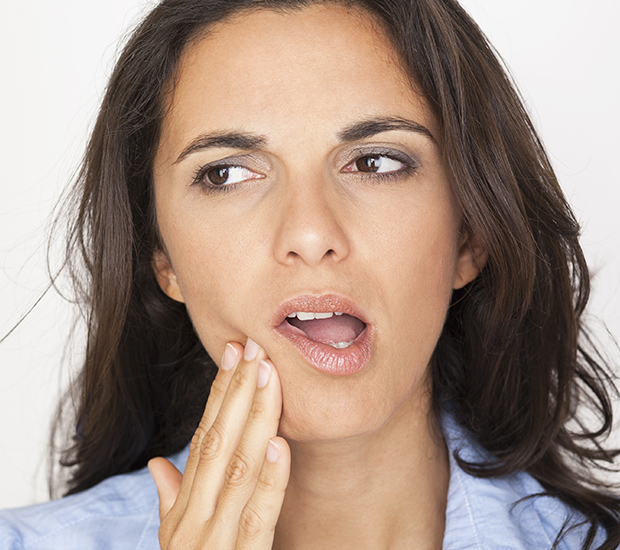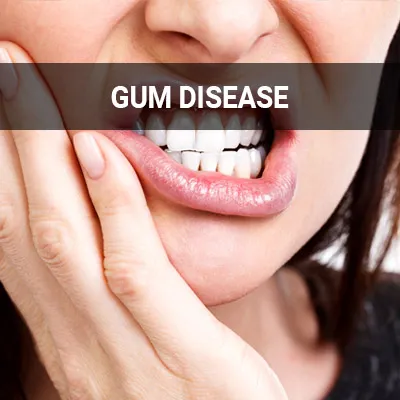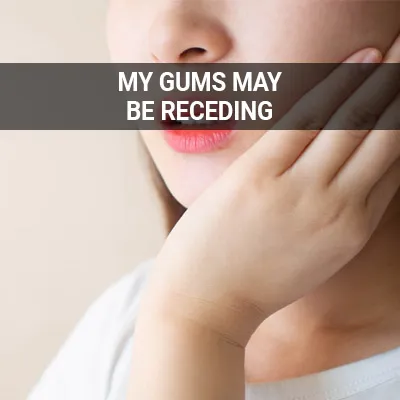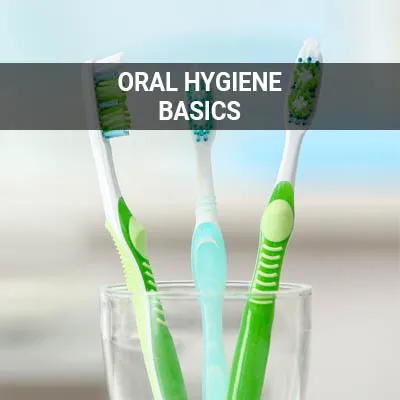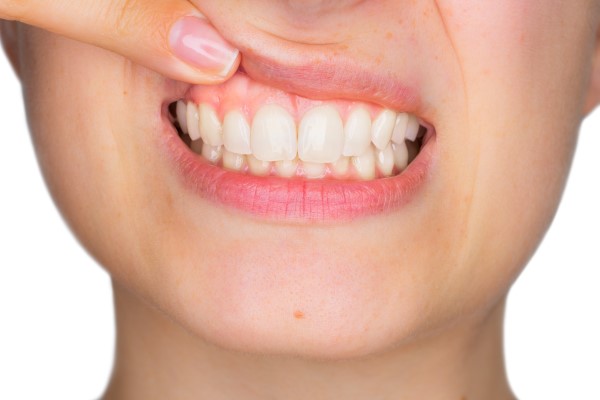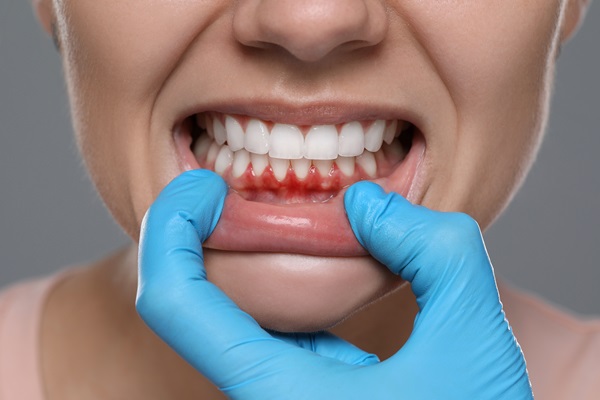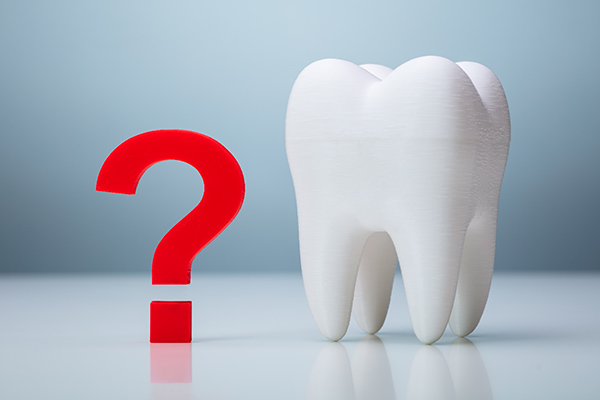Why Are My Gums Bleeding Rosenberg, TX
Oral bleeding can be an early warning sign for many dental problems. Dentists can provide the needed treatment to resolve most conditions that cause bleeding gums. Without care, however, the condition may worsen. Gum bleeding or recession can eventually lead to tooth loss.
Gum treatment is available at KRB Dentistry in Rosenberg and the surrounding area. Our team performs procedures for a wide range of gum disorders. We provide gum restoration and treatment for infection. Call us at (832) 361-3929 to learn more.
Diseases That Cause Gums to Bleed
Bleeding gums are often the first sign of gum disease, sometimes known as gingivitis. According to the Center for Disease Control and Prevention, gum disease affects about half of Americans. Untreated gingivitis usually worsens over time.
Patients with gingivitis may notice bleeding or swollen gums, especially after brushing. If treated early, gingivitis is curable. However, if the patient delays care, gingivitis may progress into periodontitis. This form of gum disease can result in tooth loss and destroy the patient's jawbone. Therefore, swift intervention is necessary to save the patient's teeth.
“If treated early, gingivitis is curable.”
Oral Bleeding Due to Injury
Sometimes, patients develop bleeding gums after an accident or injury. Patients might also experience gum bleeding after they eat sharp or hard foods. A qualified dentist should investigate any oral bleeding.
Patients should seek care right away after a blow to the face or head. Some accidents may seem minor, but they can cause significant dental damage. A dentist can provide an exam and X-ray. During this checkup, the dentist looks for problems below the gumline. If the patient has any signs of a gum injury, the dentist provides care.
“Patients should seek care right away after a blow to the face or head.”
Factors That Cause Gum Bleeding
Smoking, vaping, and chewing tobacco all increase one's risk for gum disease. The substances dry out the mouth and reduce blood flow to the gums. Over time, some patients may develop gum problems. Patients who notice gums bleeding should quit all tobacco products at once.
A poor diet can also lead to vitamin deficiencies. If the body does not receive enough of certain nutrients, patients may develop gum recession. Blood tests can determine whether a patient suffers from nutritional deficiencies. If a nutritional deficiency is to blame, supplements may resolve the problem.
Some prescription medications are associated with oral bleeding, too. Blood thinners, including aspirin, can increase the risk of bleeding. Patients who experience oral bleeding while taking these drugs need immediate care. Contact your healthcare provider for further advice.
“Smoking, vaping, and chewing tobacco all increase one’s risk for gum disease.”
Check out what others are saying about our dental services on Yelp: Why Are My Gums Bleeding in Rosenberg, TX
How to Stop Gums from Bleeding
Patients with bleeding gums sometimes stop brushing and flossing their teeth. Unfortunately, poor oral hygiene only worsens the underlying problem. As such, patients must continue brushing their teeth twice daily, even if they are experiencing gum bleeding. Use a soft-bristled brush and apply gentle pressure. Afterward, floss carefully to remove any debris that might be stuck in the gums.
Our team may also recommend a specially formulated mouthwash or a saltwater rinse. These treatments help clear up the infection and shrink swollen gums. Oral rinses also flush away debris and help prevent plaque buildup. Preventing plaque is an essential step in the gum-disease treatment process.
“Preventing plaque is an important step in the gum-disease treatment process.”
Questions Answered on This Page
Q. What lifestyle factors can trigger gum bleeding?
Q. How can I treat bleeding gums at home?
Q. What happens after my office visit for gum bleeding?
Q. What should I do if I experience bleeding gums after an injury?
People Also Ask
Post-Visit Care
Good dental hygiene can reduce gum bleeding. During each office visit, our team demonstrates brushing and flossing techniques. We can also provide advice on mouse washes and rises, which may reduce bleeding and gum disease. Individual treatment plans may vary. Our team will let each patient know how to care for their gums — even once they return home.
“Good dental hygiene can reduce gum bleeding.”
Frequently Asked Questions
Q. What causes bleeding gums?
A. Bleeding gums are usually a sign of gingivitis. This common condition causes inflammation and tenderness along the gumline. Patients with gingivitis need prompt treatment. Untreated gingivitis may put patients at risk for tooth or jawbone loss.
Q. Are bleeding gums a sign of cancer?
A. Gum bleeding is often a sign of infection or poor oral hygiene. Sometimes, however, bleeding gums can be a symptom of leukemia. Patients with bleeding gums should always seek an immediate evaluation. A dentist can determine the cause of the patient's symptoms and provide treatment.
Q. Does smoking cause bleeding gums?
A. People who smoke are at high risk for gum disease, tooth loss, and other dental problems. Many smokers also develop bleeding gums. Contrary to popular belief, e-cigarettes are not a safer option. E-cigs can also damage the teeth and gums. Patients who smoke may want to consider a smoking cessation program.
Q. Can pregnancy cause bleeding gums?
A. Many people develop bleeding gums during pregnancy. These symptoms are usually temporary and rarely cause serious health problems. Regardless, it is important to seek treatment right away. A dentist can stop the bleeding and treat any underlying gum disorders.
Q. How are bleeding gums treated?
A. The dentist may begin with a thorough cleaning. First, they remove any plaque or tartar. Next, they provide an antiseptic rinse. The dentist may also provide take-home products to help the patient's gums heal. Sometimes, the patient may need a scaling and planing procedure or other in-office treatments. Our dental team can provide more information about these procedures.
Periodontic Terminology
Call Us Today
If you notice bleeding gums, notify your dentist immediately. Bleeding can be a sign of gum disease. Without treatment, your symptoms may worsen. Receding gums can lead to tooth loss and other dental problems.
Do not let gum disease destroy your oral health. Let KRB Dentistry in Rosenberg provide the care you need. Call us at 832-361-3929 to schedule an appointment with a qualified dentist.
Helpful Related Links
- American Dental Association (ADA). Glossary of Dental Clinical Terms. 2024
- American Academy of Cosmetic Dentistry® (AACD). Home Page. 2024
- WebMD. WebMD’s Oral Care Guide. 2024
About our business, license, and website security
- KRB Dentistry was established in 2014.
- We accept the following payment methods: American Express, Cash, Discover, MasterCard, and Visa
- We serve patients from the following counties: Fort Bend County
- We serve patients from the following cities: Rosenberg, Richmond, Cumings, Pecan Grove, and Pleak
- TX (License #19523). View License Information and Specifics
- National Provider Identifier Database (1124126479). View NPI Registry Information
- Healthgrades. View Background Information and Reviews
- Norton Safe Web. View Details
- Trend Micro Site Safety Center. View Details
Back to top of Why Are My Gums Bleeding
